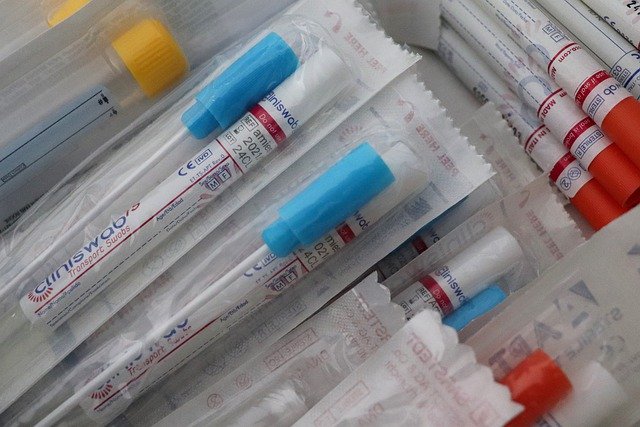Salivary swabs: facts, announcements and problems

Work in progress on salivary swabs advocated by Minister Speranza. The Spallanzani Institute is studying new simpler and faster tests
Simple, fast, minimally invasive: salivary swabs could represent the ideal solution for rapid screening in schools and beyond. A small sample of saliva is enough to find Sars-Cov-2 in a few minutes, without having to resort to laboratory equipment.
But the scientific world has not yet validated their use. The first two evaluated were rejected by the Spallanzani Institute , while new tests are being studied. The Higher Health Council also speaks of work in progress.
Let's go step by step.
SUPERIOR HEALTH COUNCIL: WE ARE WORKING ON SALIVARY TESTS
Let's start with the optimism of the Superior Health Council on the subject. “The work on alternative rapid tests is a work in progress and the current data could change significantly in the next few weeks. So do not think that the positions of Minister Hope and that of Spallanzani on salivary tests are irreconcilable, "he said to ' Ansa Franco Locatelli, President of the Superior Council of Health and member of Cts, adding:" Understandable the Minister's position responds to the logic of having in a situation like that of the school of tests applicable on large numbers and with a speed of outcome, and I take note of the assessments made by an extraordinarily qualified group like that of Spallanzani ”.
“Tendentially, the rapid antigen test currently used in airports could be the most suitable for use in schools,” Loacelli however specified.
THE HAPPENS OF HOPE
Hoping for a quick validation of the salivary tests, in fact, is the Minister of Health Roberto Speranza, who, responding to the Question Time in the Chamber, said: "We are experimenting with everything that moves on the scientific front and among the most promising analyzes according to international scientific journals there is the salivary test, less invasive, and more suitable for use on a large scale and suitable for children, therefore, to be used also in schools but it takes time to complete the authorization process ".
"Our hope is that this can happen in a short time, but the need to rush to have these tools available must be kept together with the need for them to pass all the checks carried out by the competent bodies very seriously", commented the minister .
THE (MOMENTARY) MOUTHPIECE OF SPALLANZANI
Hope's hopes, however, do not seem to be able to be fulfilled at the moment. The antigenic and molecular tests on saliva samples, according to the Spallanzani Institute, "at the moment are unlikely to lend themselves to the rapid screening of many people as they require an equipped laboratory".
The Institute analyzed two different salivary tests. A first test, defined as a soap bar, which does not require laboratory equipment to be carried out, was rejected because "it would appear to be less efficient than the standard molecular test". In particular, "it has been shown to detect the presence of the virus in less than 10% of the samples that were positive in the standard molecular test".
A second test, which would have a reliability of 70-80% compared to traditional nasopharyngeal ones, reports Il Sol and 24 Ore , according to what Spallanzani said, "showed sensitivity levels similar to those of rapid antigenic swabs", but "must be carried out in the laboratory, therefore, unless laboratory units are activated at the points where the sample is taken, it cannot be used in rapid screening contexts ".
NEW STUDY TESTS
But the salivary test study doesn't stop. “At Spallanzani, antigenic tests suitable for saliva screening are being evaluated. These are accurate laboratory tests, simpler and faster than molecular tests, which are performed in the laboratory, and not so-called "rapid" tests, also known as "soap" tests, which are more suitable for other applications " , the management of the Spallanzani virology laboratory reported in a note.
This is a machine translation from Italian language of a post published on Start Magazine at the URL https://www.startmag.it/innovazione/cosa-non-si-dice-sui-tamponi-salivari/ on Sat, 26 Sep 2020 15:23:18 +0000.
